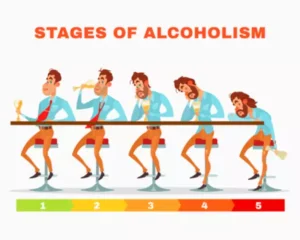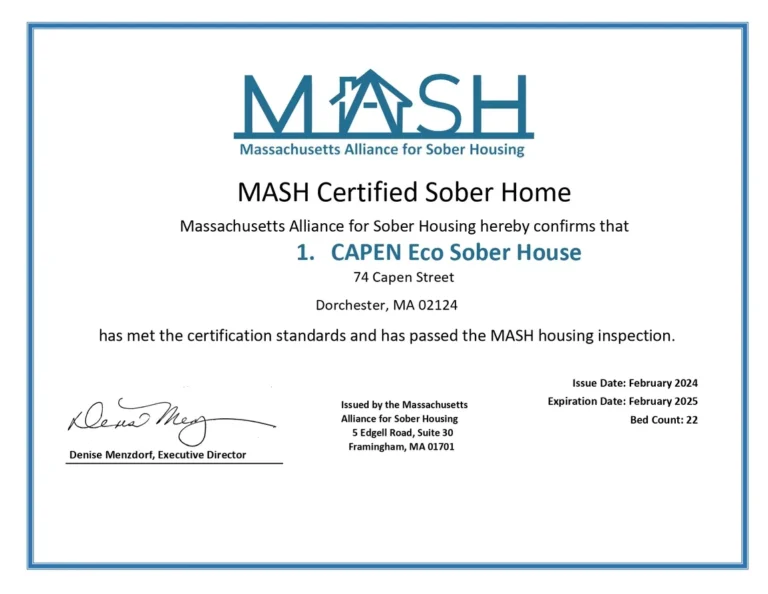
Reducing or stopping drinking alcohol after drinking heavily for a period can also cause mental and physical effects like nausea, insomnia, and anxiety, according to WebMD. Here’s some information to help you get ready for your appointment, and what to expect from your health care provider or mental health provider. Framing sobriety as a temporary challenge versus a permanent lifestyle change can make it easier to stay sober for the long haul.
- Talk with a healthcare professional if you’re concerned you may experience detox symptoms when quitting drinking or cutting back.
- The Centers for Disease Control and Prevention (CDC) reports that three out of four biological women who want to get pregnant consume alcoholic beverages.
- If you or someone you know shows signs of delirium tremens, go to the emergency room immediately.
- Your peers can offer understanding and advice and help keep you accountable.
- If you’re struggling with the social dynamics of cutting back, Koob recommends having a good excuse on hand.
- Maybe you drink to combat loneliness or boredom with your routine.
Tips for quitting alcohol
Combining medication with therapy and other interventions can prove even more helpful than medication alone. Maybe you experience your strongest cravings when you feel anxious or stressed or find yourself facing conflict with someone you care about. Taking time to explore the specific people, places, and situations that cue your urge to drink can https://ecosoberhouse.com/ make a big difference. Internal triggerstypically involve memories, thoughts, emotions, or physical sensations that prompt the urge to drink. Have a glass of water before you have alcohol and alternate alcoholic drinks with water or other non-alcoholic drinks. Try bottled beer instead of pints, or a small glass of wine instead of a large one.
Avoid loneliness.
Tell trusted family and friends about your plan to quit or cut back on alcohol. When those around you are in the know, it can help them know not to offer you drinks. It may even help if you spend time with other nondrinkers for a while so you can support How to Stop Drinking each other. A person can use various strategies to help them stop drinking alcohol. It is helpful for individuals to understand their motivations and goals behind it. Having a personalized plan can also increase the success rate of stopping drinking.
- In your mind, sobriety means giving up a large part of this social life and all of the people you drink with.
- Creating a plan is an essential part of knowing how to quit drinking.
- Avoiding external and internal temptations may require an individual temporarily distancing themself from certain people or events and deep reflections on urges that arise from within.
- Having a personalized plan can also increase the success rate of stopping drinking.
- As part of my commitment to change, I identified alcohol as the main problem and control it.
Reach out for support
If you don’t have a regular doctor, see a primary care provider or visit a free health clinic near you. The NIAAA also offers pointers about resources for low- and no-cost treatment and support options, like getting in touch with your state’s agency for substance abuse help. If you feel like your relationship with alcohol needs an overhaul, you’ve got plenty of company. If you’re living with alcohol use disorder, quitting drinking is important for your health.
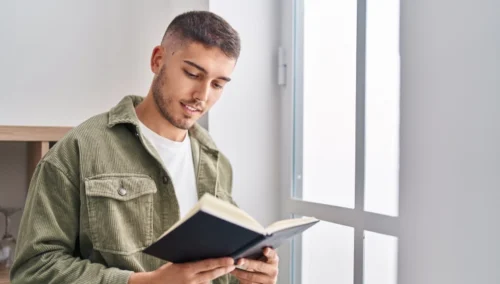
- If you’re living with alcohol use disorder (also known as alcoholism), you’ll likely benefit from additional medical interventions.
- While there is a shift in how society treats and views alcohol, it’s big business for everyone–even those charged with policing its use.
- For example, one of my worst habits was needing to have a drink in my hand.
- She lives in Washington with her son and a lovably recalcitrant cat.
- To drop the number of drinks you have each week, start with a daily limit.
At the end of the day, just remember you don’t have to run the course alone — connecting with a therapist or joining a recovery program can make all the difference. Understanding the three distinct components of your habit loop can help you come up with more specific strategies to overcome cravings when they pop up. In other words, what works for a friend won’t always work for you. That’s why building your own recovery toolkit can make a difference in your ability to weather the most intense cravings.
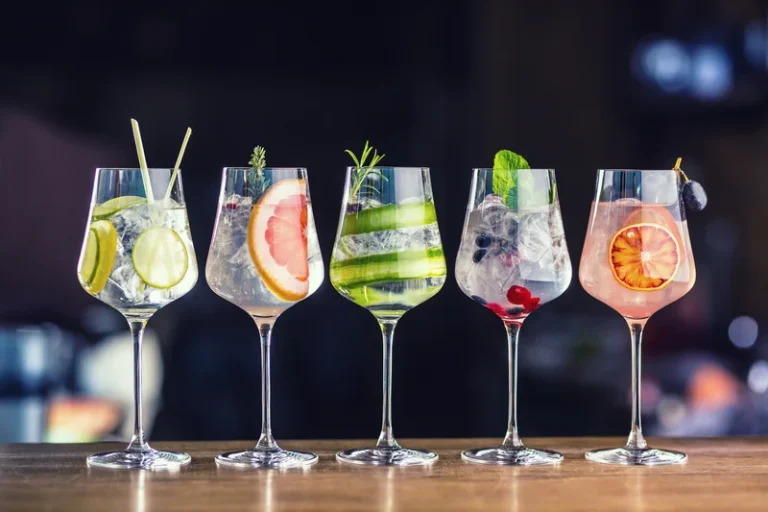
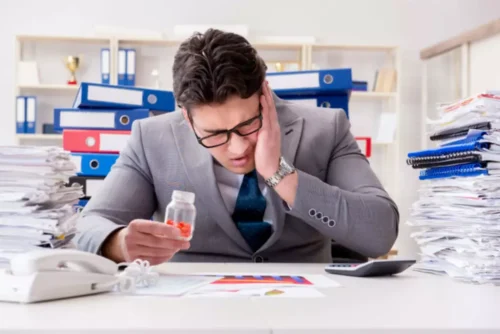
Understanding Your Relationship with Alcohol
